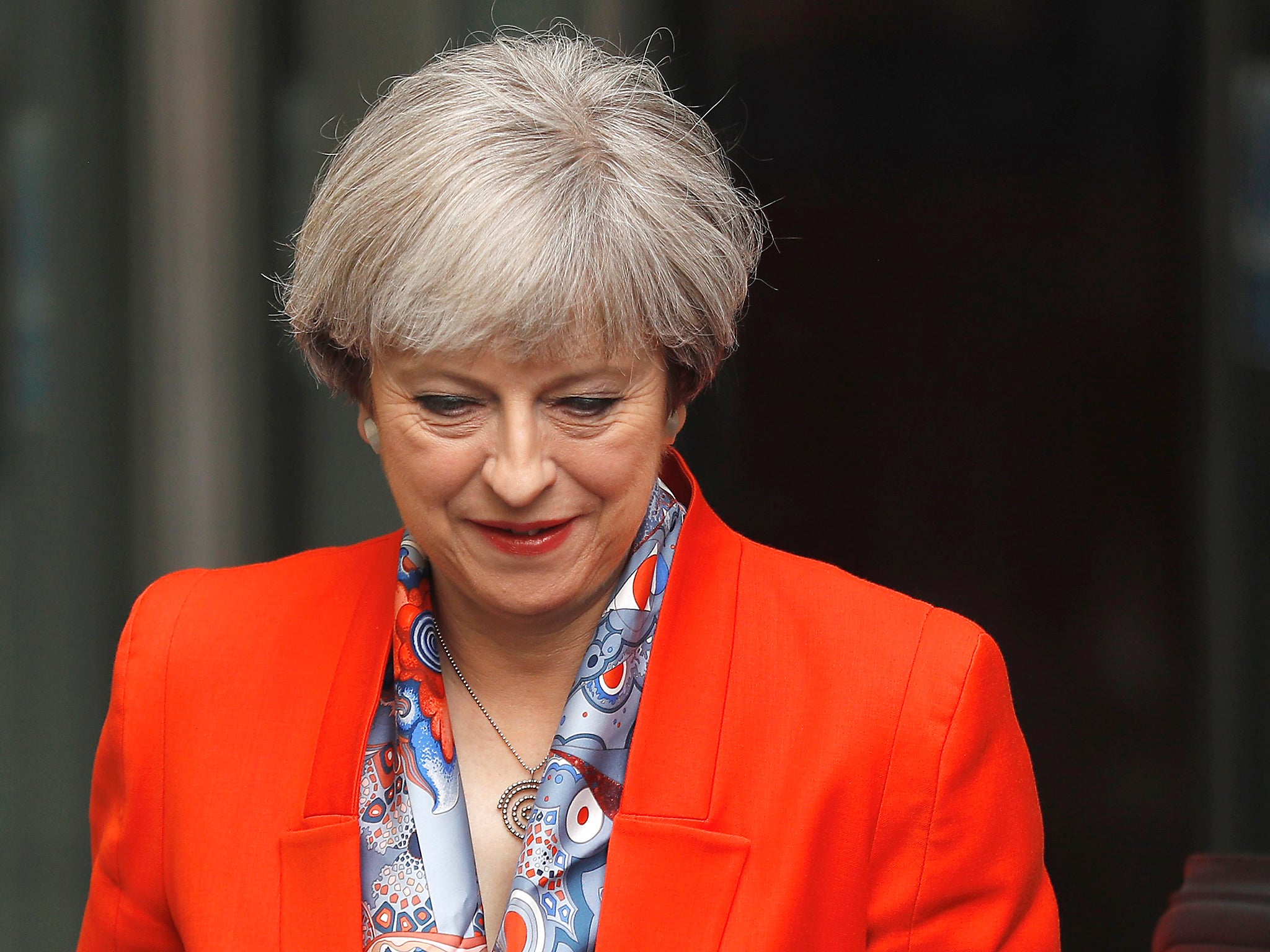Ignore the hype about May and Juncker's Brexit dinner – there will be a deal, no matter how hostile Brussels gets
One reason I have enjoyed covering EU summits since 1987 is to relish the discomfort of British prime ministers. Theresa May will certainly not lose sleep over what has been leaked, and we shouldn’t overstate what happened


The only surprise is that Theresa May is surprised by the hostile opening shots from Brussels in the inevitable briefing war over the Brexit negotiations.
The Prime Minister was naïve to think that the high-stakes talks would ever be conducted behind diplomatic closed doors. For a start, the European Parliament (which has a veto on any deal) must be regularly updated. The European Commission’s Brexit taskforce has already set up a website to highlight key developments; if one side wants open and the other closed, there can only be one winner.
One reason I have enjoyed covering EU summits since 1987 is to relish the discomfort of British prime ministers. For once, they do not control the drip feed to the media, and often have to react to briefings from up to 27 other member states and the Commission. It's a reminder that a largely docile British press rarely bites the hand that feeds it.
If two-day EU meetings can be a nightmare for PMs, May has now begun a marathon EU summit lasting about 18 months. The selective leaking by Brussels sources about last week’s Downing Street dinner with Jean-Claude Juncker, the Commission president, is just the hors d’oeuvres. The formal talks don’t even start until next month.

Juncker is right about the unrealistic expectations May has allowed the Brexiteers to build up. Some Whitehall officials are equally sure they cannot be fulfilled; the EU cannot give the UK a better deal than it has now. May must know that it will be impossible to conclude a long-term trade deal within the two-year deadline for the exit agreement. Her decision to call a general election gives her an extra three years, the likely length of a transitional deal to prevent a mutually damaging “cliff edge” in 2019 when the UK formally leaves.
The PM should also know that the EU will not let her repeat her trick as Home Secretary, when she opted out of 133 EU-wide justice and home affairs measures and then opted back into the 35 that suited the UK. For a “third country,” as the EU now sees Britain, that would be unacceptable “cherry-picking”.
The May-Juncker row reminds us just how difficult the talks will be. But it doesn’t mean there won’t be a deal. I think there will be. The two sides could have diverged in March when May sent her Article 50 letter and the EU replied. But they converged. That is still the big picture, whatever today’s lurid headlines.
Of course May has to say, in response to media questions, that no deal is better than a bad one (though she deliberately didn’t say it when she published her letter). The EU gave David Cameron few concessions during his fruitless pre-referendum negotiation because, as one senior UK official told me, “no one believed we would be so mad as to vote to leave”. The 27 EU leaders have to believe May is prepared to walk away without a deal.
The UK election makes an agreement more likely. If May wins, she will have more flexibility to make concessions on the two main sticking points – the UK’s divorce payment and the future role of the European Court of Justice. With goodwill on both sides, both are soluble. The election means the UK side will seek May’s Brexit, perhaps a slightly softer version of the hard Brexit she has set out.

On the other side of the table, the EU will not want Juncker’s Brexit but Merkel’s Brexit – if Angela Merkel wins re-election in Germany this autumn. Merkel usually calls the shots in the European Council, the 27 national leaders who will make the crucial Brexit decisions even though the Commission will do the legwork.
The Council will be more flexible than the Commission. At its Brussels summit on Saturday, the Council rejected the idea of setting firm benchmarks for the exit talks before the EU discusses a trade deal, which May wants to happen in parallel. The leaders ruled that trade could be debated once “sufficient” progress had been made in the exit negotiations, a lower hurdle than the “substantial” progress demanded by the European Parliament. Countries like Ireland and the Netherlands with close UK trade links want a deal, even if some in Team Juncker seem more intent on punishing Britain. They are also believed to have leaked the EU’s £50bn divorce demand, which exercises Tory Brexiteers more than anything else.
May will not lose sleep about the controversy over what was said over dinner. It gives her more room to run one of her robotic election lines: every vote for me (note: not the Conservatives) strengthens Britain’s hand in the EU negotiations.
Their success or failure may come down to whether two strong-willed women leaders can meet in the middle. The bottom line points to an agreement – because, for both the UK and EU, a deal is better than no deal. Though it will not necessarily be a good one for the UK.
Join our commenting forum
Join thought-provoking conversations, follow other Independent readers and see their replies
Comments
Bookmark popover
Removed from bookmarks